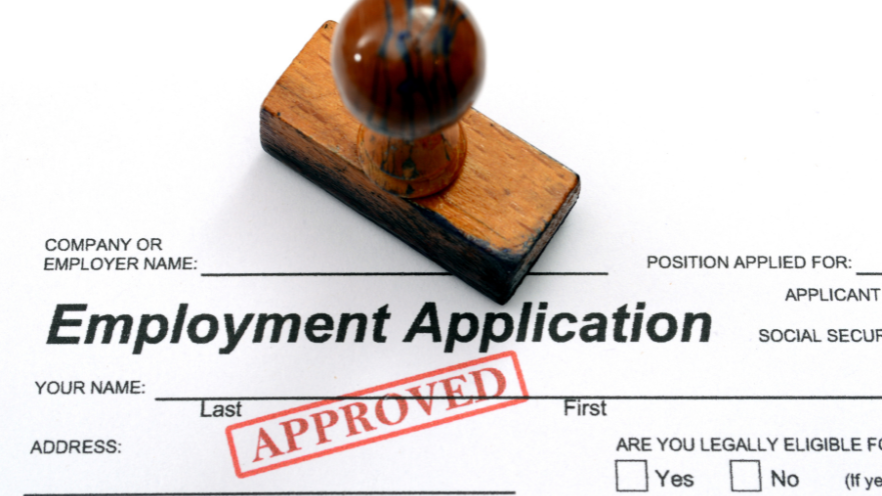 04/03/2025
04/03/2025
Is the company late in paying wages to employees? Will there be any penalties?
In the current context of economic recession, many businesses are facing financial difficulties, leading to common delays in salary payments to employees. So, can late salary payments be considered a legal violation, and what are the penalties (if any)? Let’s explore this topic in the following article.

Employer's Obligation to Pay Wages
Wages (salary) are defined as the amount paid by the employer to the employee as agreed upon for performing work, which includes the base salary based on the job or position, allowances, and other additional payments. Employers have the right to choose the method of wage payment, whether by time or by piece. The chosen payment method will be maintained for a specified period based on the agreed contract. In the event of a change in the payment method, the employer must notify the employee at least 10 days before the due date for the wage payment as stipulated in the agreement.
Wage payments can be agreed upon on a daily, weekly, bi-weekly, or monthly basis, depending on the agreement between the employer and the employee.
Legal Framework for Wage Payment
According to Article 97 of the 2019 Labor Code, the wage payment period is specified as follows:
- Employees who are paid on an hourly, daily, or weekly basis shall receive their wages after the respective hours, days, or weeks of work, or they may be paid in a lump sum as agreed, but not exceeding 15 days.
- Employees who are paid on a monthly basis shall receive their wages once a month or bi-monthly, with the payment date determined by mutual agreement between both parties, and the payment cycle must be observed.
- Employees who are paid by piece rate or by contract shall receive their wages as agreed upon by both parties. If the work extends over several months, a monthly advance on wages may be provided based on the amount of work completed during that month.
- In cases of force majeure where the employer has taken all possible measures to remedy the situation but is still unable to make timely wage payments, the payment delay shall not exceed 30 days. If the delay is 15 days or longer, the employer must compensate at least the interest rate of a 1-month term deposit at the bank at the time of wage payment.
Consequences of Late Wage Payments
In cases where the employer fails to comply with timely wage payments, they will face administrative penalties in the form of fines and corrective measures as stipulated in Clause 2 and Clause 5 of Article 17 of Decree 12/2022/ND-CP. Specifically, these penalties include:
Fines
a) From 5,000,000 VND to 10,000,000 VND for violations involving 1 to 10 employees.
b) From 10,000,000 VND to 20,000,000 VND for violations involving 11 to 50 employees.
c) From 20,000,000 VND to 30,000,000 VND for violations involving 51 to 100 employees.
d) From 30,000,000 VND to 40,000,000 VND for violations involving 101 to 300 employees.
e) From 40,000,000 VND to 50,000,000 VND for violations involving 301 or more employees.
Corrective Measures
Employers are required to pay the full wages owed along with interest on the delayed payments to employees. The interest rate is based on the highest non-term deposit interest rate announced by state-owned commercial banks at the time of the penalty.
Conclusion
Timely wage payments are not only a legal obligation but also a way for companies to maintain their reputation and employee trust. It is hoped that companies will pay attention to and comply with these regulations to avoid violations and penalties.
Ensure that your company consistently adheres to legal requirements regarding timely wage payments. This will not only help avoid unfortunate penalties but also contribute to creating a fair and transparent working environment.

 VN
VN  EN
EN 











